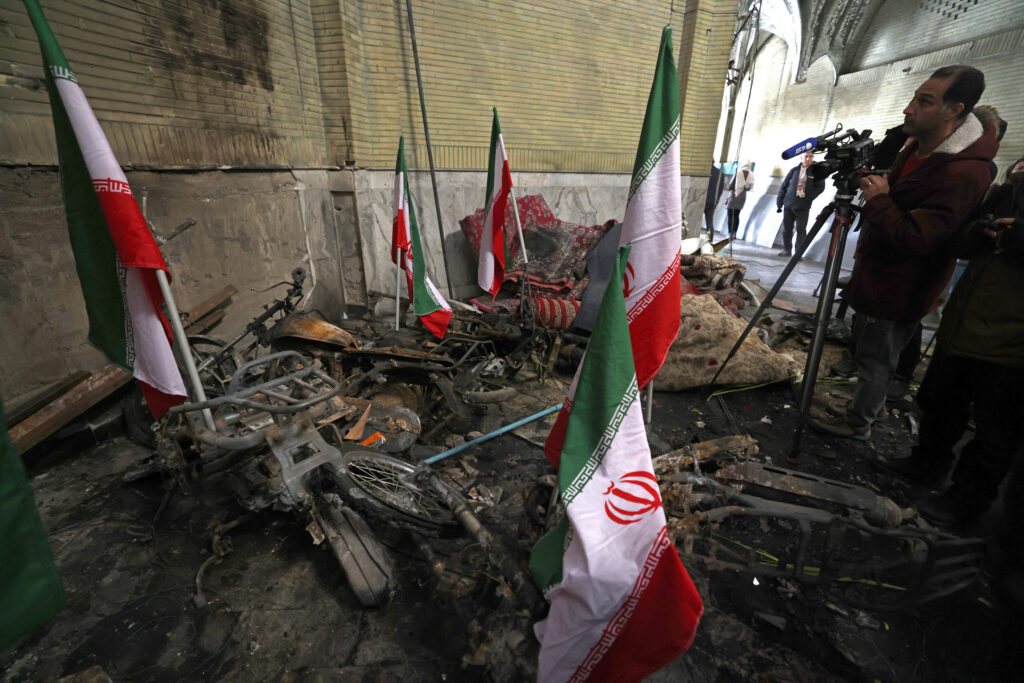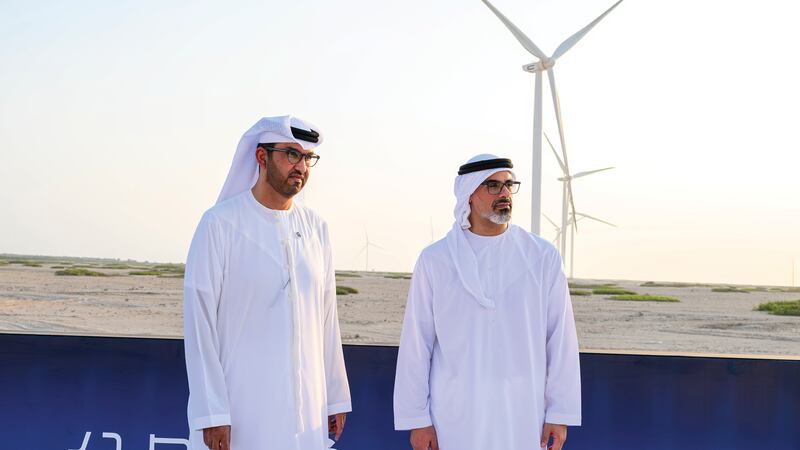By Shuang Wen
The year of 2016 started off rather busy for China-Middle East relations. On January 13, China issued its very first official policy paper towards the Arab world. Some of the key points on the political issues of the region include: China reiterates its support for the Middle East peace process and the establishment of an independent state of Palestine with full sovereignty, based on the 1967 borders and East Jerusalem as its capital; China adheres to the principal of non-military intervention in solving regional conflicts; China supports efforts to curb extremist thoughts and fighting terrorism.
Chinese politics have an intrinsically economic basis. In September 2013, Chinese President Xi Jiping announced a development strategy that focuses on connectivity and cooperation among countries across in Eurasia. The strategy consists of two main components, the land-based “Silk Road Economic Belt” and oceangoing “Maritime Silk Road” (also known as the ‘One Belt One Road’ Initiative). The strategy underlines China’s push to take a bigger role in global affairs. During the Ministerial Conference of China-Arab States Cooperation Forum in Beijing in June 2014, Xi Jinping called for joint Chinese – Arab efforts in the Initiative. Six Arab countries, Bahrain, Egypt, Kuwait, Oman, Qatar and Saudi Arabia, have signed the agreements, as well as Israel and Iran. Furthermore, Egypt, Jordan, Kuwait, Oman, Qatar, Saudi Arabia Iran, Israel, and Turkey have become members of the Asian Infrastructure Investment Bank, one of the major fund-raising and granting agency for the Initiative. Therefore, it seem safe to say that countries in the Middle East have welcomed China’s new grand economic development strategy. The policy paper laid out major fields of cooperation between China and the Arab world related to the Initiative. These include energy sources such as gas, oil, nuclear, and new energy. Infrastructure development, trade and investment facilitation as well as aviation satellites also form part of the Initiative.
In terms of social and cultural developments, China supports cooperation in modern medicine and health care. Here a focus lies on the development of China-Jordan University and an expansion of the scale of scholarly and think tank exchange programs. In 2014, there were over 150,000 Arab students studying in China in a variety of disciplines. Apart from that the Halal food industry in China seeks to become involved in the Middle East.
A week after the publication of the policy paper, Xi visited Saudi Arabia, Egypt, and Iran for his first tour of the region. China has been long known for its non-interference policy in the Middle East. However, during the trip, Xi delivered a speech at the Arab League in Cairo, clearly stating that China is willing to take an active part in global governance and assume international responsibilities and obligations. Accordingly, China pledges financial support to Palestine for building a solar power station, to Syria for humanitarian relief, and to the countries in the Middle East in general for industrialization projects. China is also gradually starting to play a mediating role in the political tensions between Saudi Arabia and Iran. An important reason for China to be able to take on such a role is that it maintains friendly relations with both sides who are China’s major energy suppliers. Other great powers such as the US and the EU are often perceived as too biased to be mediators by the countries in the region.
With vast economic interests in the region, China has been careful to maintain friendly relations with all countries and not to get involved in the problems of the region. Therefore, Xi’s speech may seem to signal a change. The Middle East region is crucial to China’s energy supply, overseas market for manufactured goods, as well as the ‘One Belt One Road’ Initiative. China’s increasing capability to provide concrete financial assistance to the Arab countries helps improve its image as an active and responsible rising power in the region. However, China does not seem to have the political ambition to replace the United States as a dominating power. Instead China focuses on building its soft power, by providing scholarships to students from the Middle East to study in China, establishing Confucius Institutes to promote the Chinese language, and building research centers on China-Middle East related issues. It is also launching the China-Arab Project of ‘Joint Translation and Publication of Classical Texts,’ and improving the coverage and programming of China Central Television’s Arabic channel.
Therefore, none of these fairly high profile activities marks a major change in China’s approach to the Middle East region. For China, the top priority is still economic development. As Xi said, ‘Instead of looking for a proxy in the Middle East, we promote peace talks; instead of seeking any sphere of influence, we call on all parties to join the circle of friends for the Belt and Road Initiative; instead of attempting to fill the ‘vacuum’, we build a cooperative partnership network for win-win outcomes.’
The year 2016 also marks the sixtieth anniversary for the establishment of diplomatic relations between China and Egypt. Egypt was the first country in the region to form connections to China. Therefore, this year is of special importance to China-Egypt bilateral relations. During Xi’s visit, he attended the inauguration ceremony of the second phase of the China-Egypt Suez Economic and Trade Zone. The project will bring over one hundred Chinese companies to Egypt in sectors such as textile, garment, oil equipment, motorcycle and solar energy, and create over ten thousand job opportunities in Egypt. China will also encourage more tourists to visit Egypt to boost the economy. One thing China can do is to better educate the Chinese tourists about the rich culture and history of Egypt so that they will leave a good image of Chinese people in Egypt.
As a rising global power, China’s engagements with the Middle East have attracted great media attention. Nevertheless, China still has to face many domestic challenges such as the widening gap between rich and poor, decreasing environmental pollution, food security, and an aging population. Internationally, China-US relations are precarious from time to time due to major differences on the issue of Taiwan and the South China Seas. Therefore, China is wise not to confront the US in the Middle East. Moderate ambitions in a conflict-ridden region may be the best for all the parties involved.
Shuang WEN’s doctoral dissertation is entitled ‘Mediated Imaginations: Chinese-Arab Connections in the Late Nineteenth and Early Twentieth Centuries,’ which investigates the mediating role of western and Japanese powers in the intellectual, commercial, and interpersonal connections between two major non-western societies during the high tide of global imperialism.┬á Research for this project has taken her to China, Egypt, Syria, Taiwan, the United Kingdom, and the United States.┬á At MEI, she will work on turning the dissertation into a book manuscript.┬á Originally from northeastern China (the region of Manchuria), Shuang holds an MA in Chinese-English Simultaneous Interpreting and Translation from Beijing Foreign Studies University, an MA in Middle East Studies from the American University in Cairo, and most recently a PhD in History from Georgetown University. Before beginning her academic training she worked as a broadcast journalist in Hong Kong.





